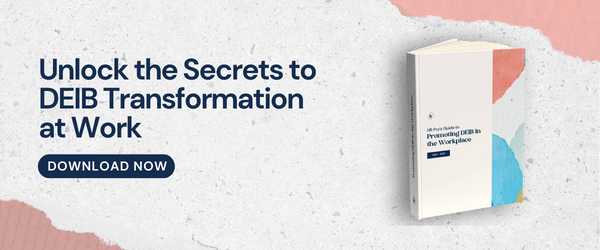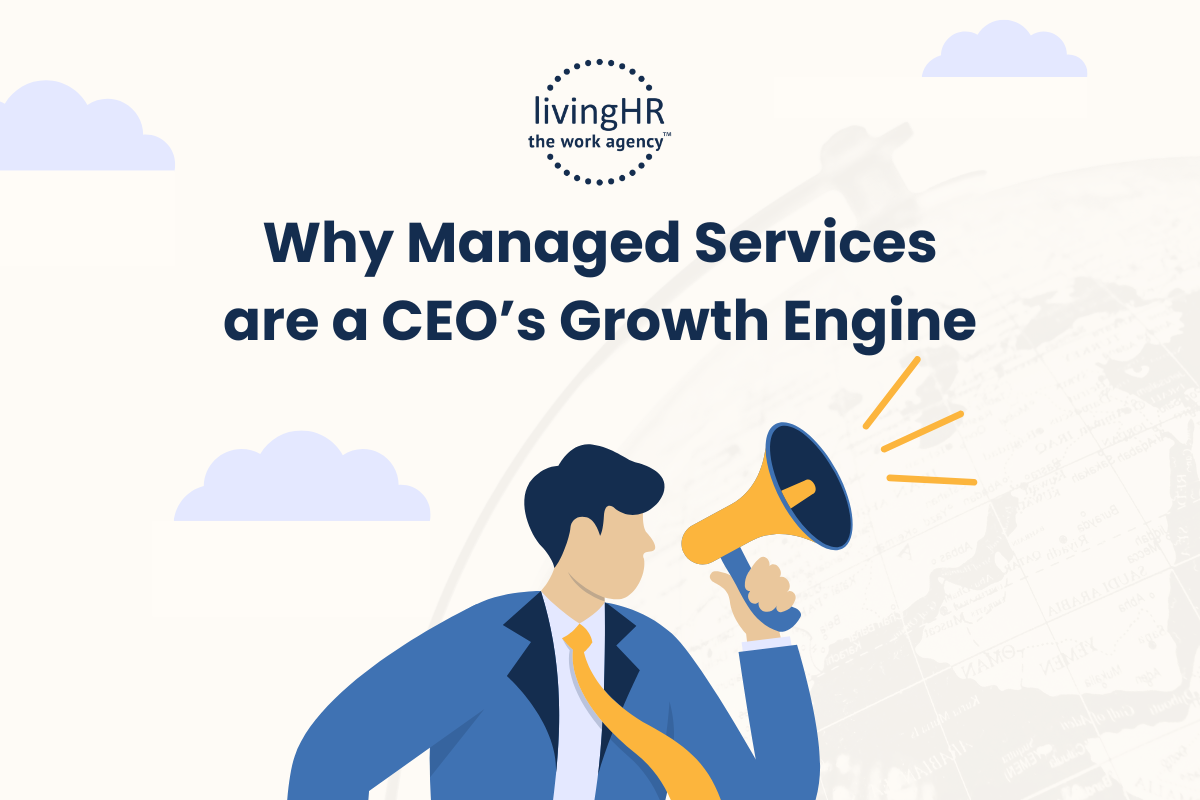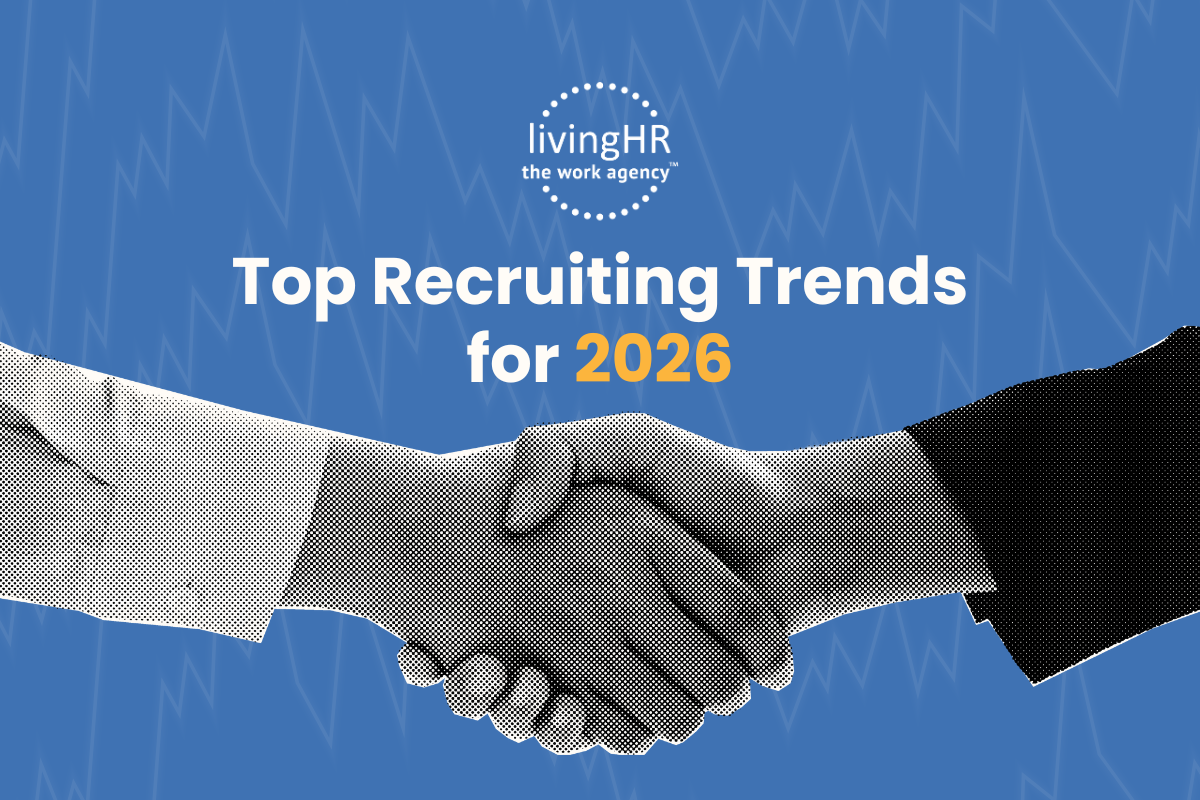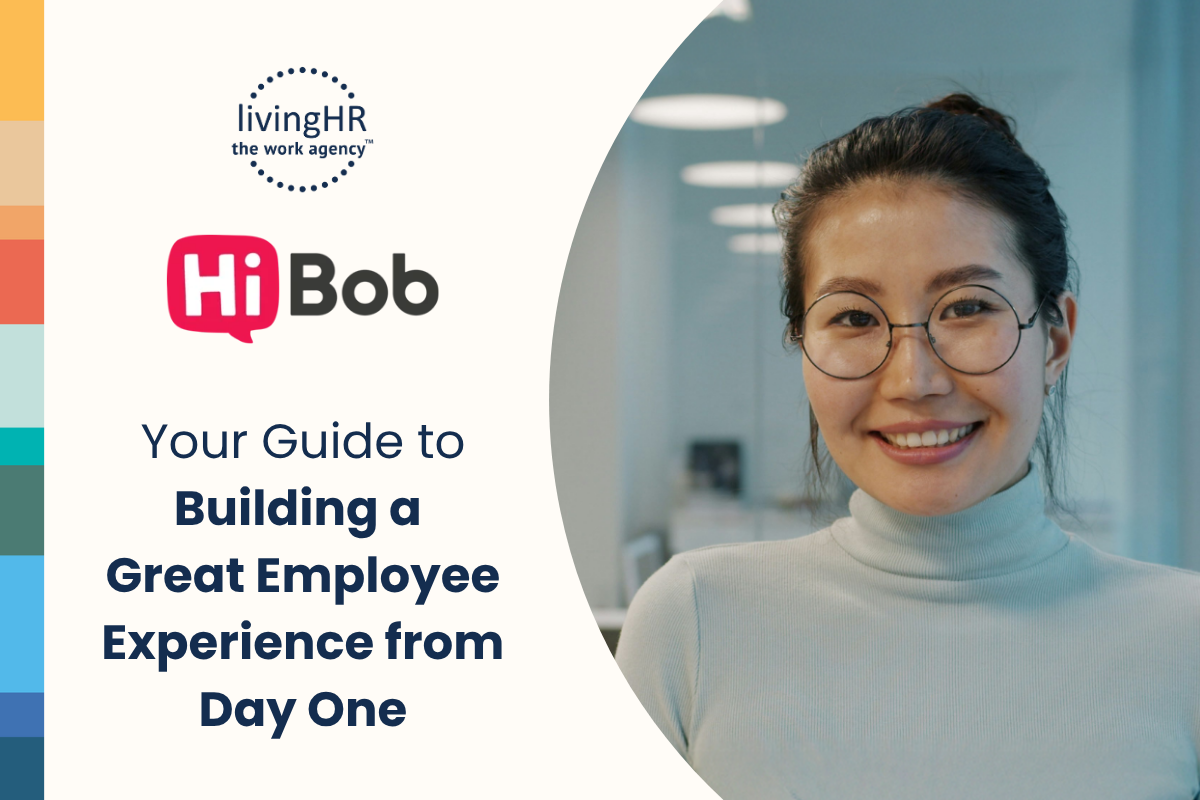As an employer and as leaders, the importance of committing to DEIB (diversity, equity, inclusion and belonging) initiatives cannot be understated. Whether your strategy involves hiring a staff that brings diverse lived experiences, investing in cultural competence training for managers, undertaking an organization-wide compensation analysis to create pay equity, and/or, in general, fostering an inclusive workplace culture, the positive impact that DEIB work empirically has on a business is not only immense but very measurable.
Amid the “Great Culture Reckoning of 2020,” DEIB initiatives quickly became a top priority and a major area of investment for organizations around the world. Recently, however, and despite the mountains of data that show how diverse and inclusive workforces increase innovation, yield higher employee performance, engagement, and retention, and (often significantly) improve financial performance–there have been movements across the global workforce to reduce, and even dismantle, DEIB work. Countless leaders are going back on their once-vehement pledges and commitments, often attributing slashed DEIB efforts to a challenging market and opting instead to focus on what they consider more direct revenue-generating initiatives. But are these leaders considering the long-term harm their organizations will undoubtedly experience because of this shortsightedness?
The Significance of DEIB in the Workplace
At livingHR, we like to remind anyone who will listen that diversity is a broad, inclusive spectrum that includes but is not limited to race, ethnicity, gender, age, sexual orientation, disability, veteran status, neurodiversity, and socio-economic status. For decades, diversity (and sometimes, unfortunately, diversity alone) has been a key focus of workforce planning for reasons including those powerful benefits mentioned above. However noble the intentions are with respect to hiring those from diverse and historically excluded backgrounds, HR and DEIB practitioners know all too well that a diverse workforce without the support of the foundational elements of inclusion and equity is simply not enough (and can look/feel/be a lot like tokenism, discrimination, racism, and what I like to call "toxic cosmeticism"). Take it from our centuries of combined experience when we urge that the components of DEIB – concerning an organization's overall strategy or otherwise – should never be uncoupled.
There is no “nutshell” version for explaining why the many complexities of a DEIB strategy in concert benefit organizations, but if there’s a single theme we see most in our line of work as practitioners, it’s that when people feel heard, seen, understood, respected, valued, and championed, they are exponentially more likely to stick around and to have higher performance. Mature DEIB strategies – especially those that include leadership + management training with a cultural competence component – help to ensure just that and that it’s done in the right way.
If you need a quick refresher on what the “E, I + B” should look like, here’s a quick breakdown:
Equity ensures fairness and justice in the treatment of all employees, and focuses on creating equal opportunities and access to resources, benefits, and opportunities for growth and advancement.
Inclusion, on the other hand, emphasizes fostering an environment where all individuals feel valued, respected, and included and their unique perspectives and contributions are welcomed and celebrated. All of these elements, when employed correctly, can lead to the cultural magic we know as belonging.
A recent survey conducted by Harvard Business Review revealed that employees who feel like their company values DEIB are four times more likely to report feeling included and engaged at work.
So what’s at stake for companies that abandon, decrease, or elect not to implement DEIB initiatives and programs? And what are some compelling statistics that support the power of DEIB efforts?
Employee Morale and Productivity:
- The Deloitte "2020 Diversity and Inclusion in the Workplace" survey found that the cost of employees feeling they must hide part of their identity is estimated at $32,000 per employee per year in lost productivity and employee turnover.
- Research from Glassdoor has indicated that employees at companies with strong DEIB programs are more likely to report high job satisfaction and commitment to their organizations.
Financial Performance:
- McKinsey & Company's "Diversity Wins" report in 2020 found that companies in the top quartile for ethnic and cultural diversity on executive teams were 36% more likely to experience above-average profitability.
- A Center for Talent Innovation report suggested that companies with diverse leadership teams are 45% more likely to report market share growth and 70% more likely to report capturing a new market.
- According to research conducted by McKinsey, diverse leadership teams are associated with higher EBIT margins.
Market Reputation and Consumer Loyalty:
- A study by Edelman found that 64% of consumers identify as belief-driven buyers, meaning they choose, switch, avoid, or boycott a brand based on its stand on societal issues, including diversity and inclusion.
- Nielsen's "Diverse Intelligence Series" revealed that 66% of global consumers are willing to pay more for products and services from companies committed to positive social and environmental impact, including DEIB efforts.
Talent Attraction and Retention:
- Deloitte's 2020 Global Human Capital Trends report showed that 76% of respondents believe that a diverse workforce is an important issue, and 59% believe that organizations are not doing enough to create diverse and inclusive cultures.
Innovation and Problem Solving:
- The Harvard Business Review published an article in 2018 showing that diverse teams were more innovative, creative, and better at problem-solving.
- A Boston Consulting Group (BCG) study found that companies with more diverse management teams have 19% higher revenue due to innovation.
Legal and Regulatory Risks:
- Failure to maintain DEIB programs and address workplace discrimination can lead to legal risks, including lawsuits, fines, and damage to a company's reputation. The U.S. Equal Employment Opportunity Commission (EEOC) reported that it received nearly 72,000 charges of workplace discrimination in 2019, highlighting the legal risks of neglecting DEIB efforts.
- According to a Weber Shandwick survey, 51% of executives believed a company's reputation for diversity and inclusion significantly impacts its reputation overall.
Shareholder Influence:
- Institutional investors and activist shareholders increasingly push for transparency and progress in DEIB initiatives. Companies that don't prioritize these efforts may face pressure from shareholders.
- The "2020 U.S. Institutional Investor Study" by Edelman reported that 64% of institutional investors believe diversity and inclusion impact a company's long-term success, and 68% consider it in their investment decisions.
Competitive Advantage:
- Organizations with diverse perspectives can better understand and cater to a diverse customer base, gaining a competitive advantage in the marketplace.
- The National Association of Colleges and Employers reported that more than 50% of college graduates would choose not to work for an employer who does not have strong DEIB initiatives.
Global Expansion:
- Companies expanding internationally may face challenges in diverse markets if they lack inclusive practices and diverse teams.
Other Benefits:
- A study by Accenture found that the United States could add $8 trillion in GDP by 2025 if businesses invested more in Black workers.
What Can Organizations Do to Stay in the Fight for DEIB?
A DEIB strategy is essential for creating a successful and sustainable organization that yields better outcomes for humanity and business. livingHR can help you transform your DEIB strategy into a reality by providing immersive experiences, intentional actions, and a sense of belonging.
Take a look at our range of solutions that help level up your organization and culture. Organizations that work with livingHR see an average increase of 30 points on their Employee Net Promoter Score surveys and a steep increase in virtually every area related to DEIB.


.png)




